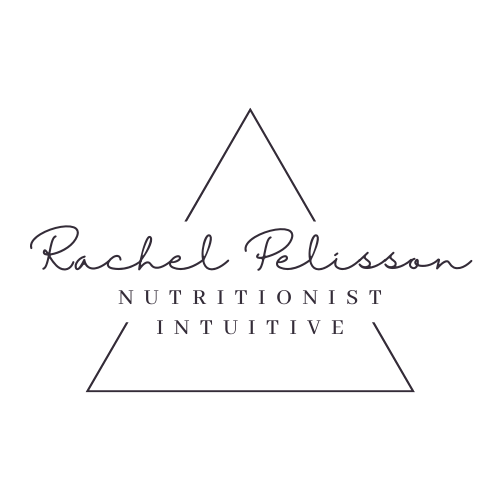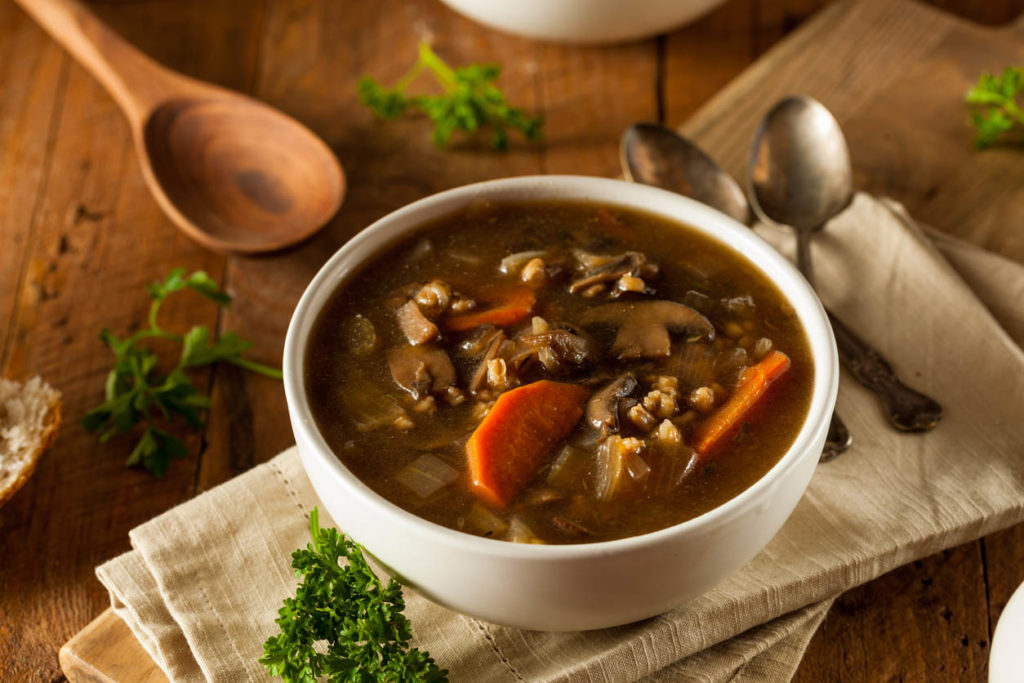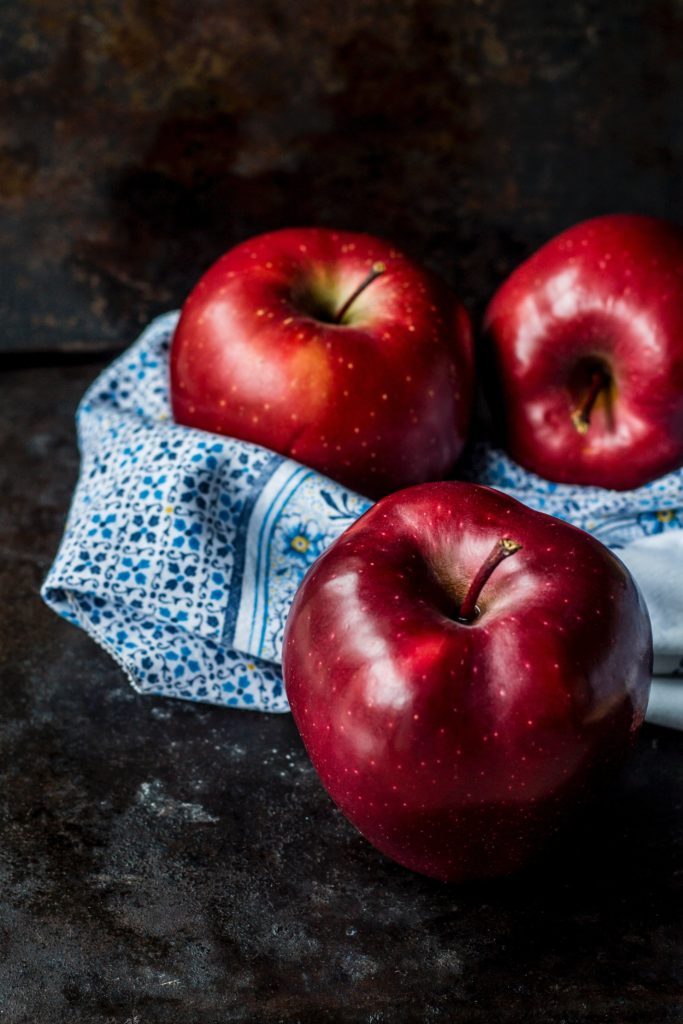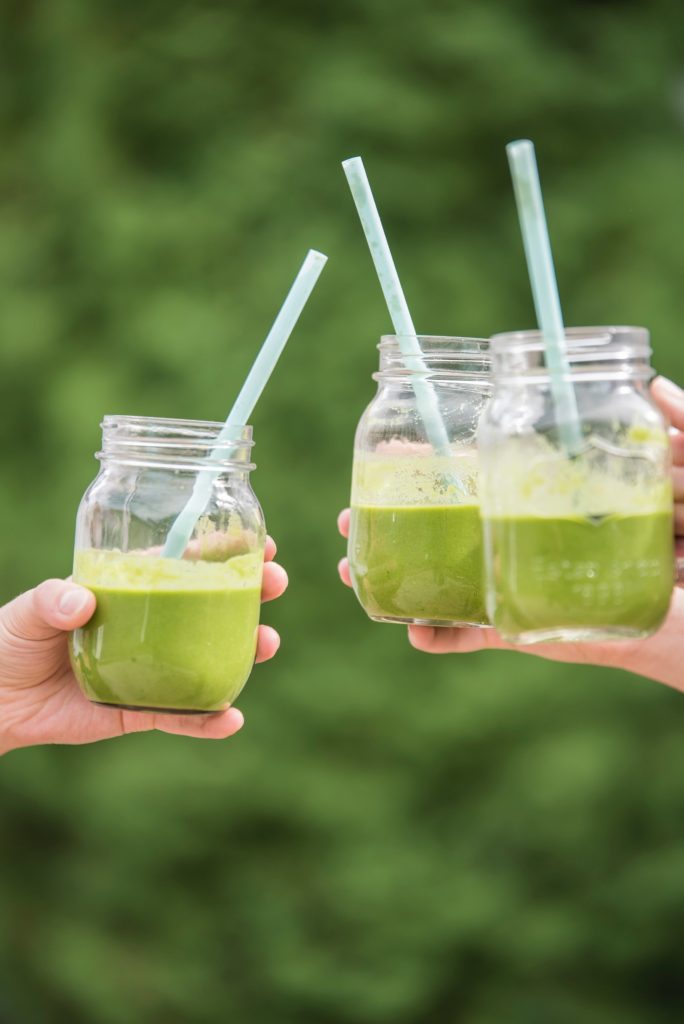Do Oxalates Cause Kidney Stones?
Do Oxalates Cause Kidney Stones?
This is a common question for those of us on a plant-based diet or applying Medical Medium information and consuming large quantities of plant foods & greens. The incidence of kidney stones is on the rise, but I can assure you that’s not because the average person is eating a pound of spinach a day. On the contrary, the average person is eating the “Standard American Diet” – high in animal protein, processed food, salt, dehydrating beverages and limited quantities of fruits & vegetables.
If you’re worried about oxalates, read on to get down to the bottom of this misinformation trend. If you’ve had stones in the past, read on to find out exactly how to prevent them in the future.
What are Oxalates?
Oxalates are a naturally occurring compound found in all foods, including fruits, vegetables, leafy greens, herbs, nuts, seeds, grains and even meat. In fact, about 50% of oxalates in the urine don’t even come from food. They are made in your liver!
Oxalates are a natural part of our diet & physiology. When the body is given the right food environment, oxalates are easily managed and cause no problems at all. In fact, many foods like spinach & kale have built in ‘anti-oxalate’ compounds like calcium that don’t even allow oxalates to be absorbed into the body. They pass right out through our digestive tract.
Why do some people get kidney stones? First we need to understand what kidney stones are.
What are Kidney Stones?
Kidney stones are hard deposits of minerals & acids. Stones are commonly formed from calcium, oxalates, or phosphates. Kidney stones can become extremely painful as they pass out of the kidney, down to the bladder and out of the body in the urine. Anyone who has ever experienced a kidney stone knows just how painful they can be and certainly never wants to experience one again.
How are Calcium Oxalate Kidney Stones Formed?
It would be easy to incorrectly assume that because some stones contain calcium & oxalates, reducing your dietary intake of these compounds would automatically reduce the incidence of stones. Unfortunately, this is an oversimplification & misunderstanding about how kidney stones are formed.
Eating foods rich in calcium, oxalates & phosphates does not mean that you will develop kidney stones. In fact, it’s quite the opposite. Diets low in calcium increase the risk of stone formation! We must have a clear understanding of physiology in order to avoid jumping to conclusions about diet & stone formation.
Kidney stones from when the body is in a dehydrated, acidic, stressed, and in a low mineral state. When this happens calcium is pulled from the bones & teeth. The calcium is used to neutralize the acids & return the body to proper pH balance. Unfortunately, this calcium can end up crystalizing in the kidneys with oxalates forming kidney stones.
People who develop kidney stones are more likely to also have other health issues, like high blood pressure, diabetes, obesity, and chronic kidney disease, and vascular calcifications. All of which are diet & lifestyle related illnesses.
Research shows that there are very clear dietary patterns associated with kidney stone occurrence.
What Dietary Factors Increase the Risk of Kidney Stones?
- Dehydration (or inadequate fluid intake) & low urine volume
- Animal protein
- Low calcium intake
- High salt intake
- Processed foods
- Dehydrating beverages, like caffeinated drinks, coffee, & alcohol
- Acidic environment in the body (from acid forming foods including meat, eggs, dairy, coffee, sodas, vinegar, processed foods, high fat diet, stress, excess adrenaline & stress hormones)
What Dietary Factors Decrease the Risk of Kidney Stones?
- Little or no animal protein
- Proper hydration & high urine volume
- Sufficient calcium intake
- Low sodium intake
- High intake of fruits & vegetables
- Higher intake of potassium (from fruits & vegetables)
- Higher intake of magnesium (from fruits & vegetables)
- Higher intake of citrate (citrus, berries & pineapple) – Lemons & oranges are particularly helpful
The truth is our bodies are designed to manage oxalates very easily when we consume an alkaline diet rich in fruits & vegetables and stay well hydrated.
What Should You Eat to Reduce the Risk of Kidney Stones?
- The most important factor is hydration! Aim for 8-12 cups of living water per day
- Drink 1.2 liters (or 4-5 cups) of fresh squeezed orange juice and/or 2 liters (8 cups) of lemon water
- Consume a plant-based diet rich in fruits & veggies
- Limit or omit animal protein
- Limit salt intake
- Avoid processed food
- Consume high calcium plant foods, such as turnip greens, kale, bok choi, spinach, white beans, almonds (1200mg of calcium per day if you’ve had kidney stones in the past)
This style of eating will hydrate the body, produce adequate volumes of alkaline urine, provide the necessary ‘anti-oxalate’ nutrients needed to easily excrete oxalates, support overall heath and save your bones & teeth. There is no need to avoid ‘high-oxalate’ foods, especially because these are some of the most health promoting foods on the planet!
Even the National Kidney Foundation states that you should not reduce dietary oxalate sources.
“A common misconception is that cutting the oxalate-rich foods in your diet alone will reduce the likelihood of forming calcium oxalate kidney stones. While in theory this might be true, this approach isn’t smart from an overall health perspective” Dr. Allan Jhagroo kidney stone specialist at the University of Wisconsin School of Medicine and Public Health.
This is exactly whey we cannot approach food from a single nutrient perspective. We have to understand physiology and look at long term dietary patterns. Foods are complex combinations of thousands of compounds that interact within each food & in combination with other foods. We must look at long term dietary patterns, not isolated compounds.
Additional Strategies to Help Heal Kidney Stones
Top Healing Foods for Kidney Stones From Medical Medium
- Artichokes
- Asparagus
- Celery juice
- Coconut water
- Cucumber & cucumber juice
- Grapefruits
- Leafy greens, especially Romaine
- Lemons
- Oranges
- Parsnip
- Pineapple
- Pomegranates
- Pumpkin seeds
- Radishes
- Raw honey
- Tangerine
- Watercress
Healing Supplements for Kidney Stones from Medical Medium
- L-glutamine
- Nutmeg in a teaspoon of honey
Healing Teas:
- Burdock root
- Horsetail
- Nettle
- Oatstraw
- Rosemary
- Dandelion
If you’re looking for guidance in creating a customized plan to heal your health symptoms, get started on the most efficient path to success with Rachel’s support. Find out how to work with Rachel.
Resources
Ferraro PM, et. Al. Risk of Kidney Stones: Influence of Dietary Factors, Dietary Patterns, and Vegetarian-Vegan Diets. Nutrients, 2020 Mar.
Mitchell T, et. Al. Dietary Oxalate & Kidney Stone Formation. Am J Physiol Renal Physiol, 2019 Mar.
National Kidney Foundation. 6 Ways to Prevent Kidney Stones. https://www.kidney.org/atoz/content/kidneystones_prevent Accessed 5/2/2023.


![Heavy Metal Detox Smoothie [Recipe]](https://www.rachelpelisson.com/wp-content/uploads/2018/04/heavy-metal-smoothie-1024x682.jpg)




